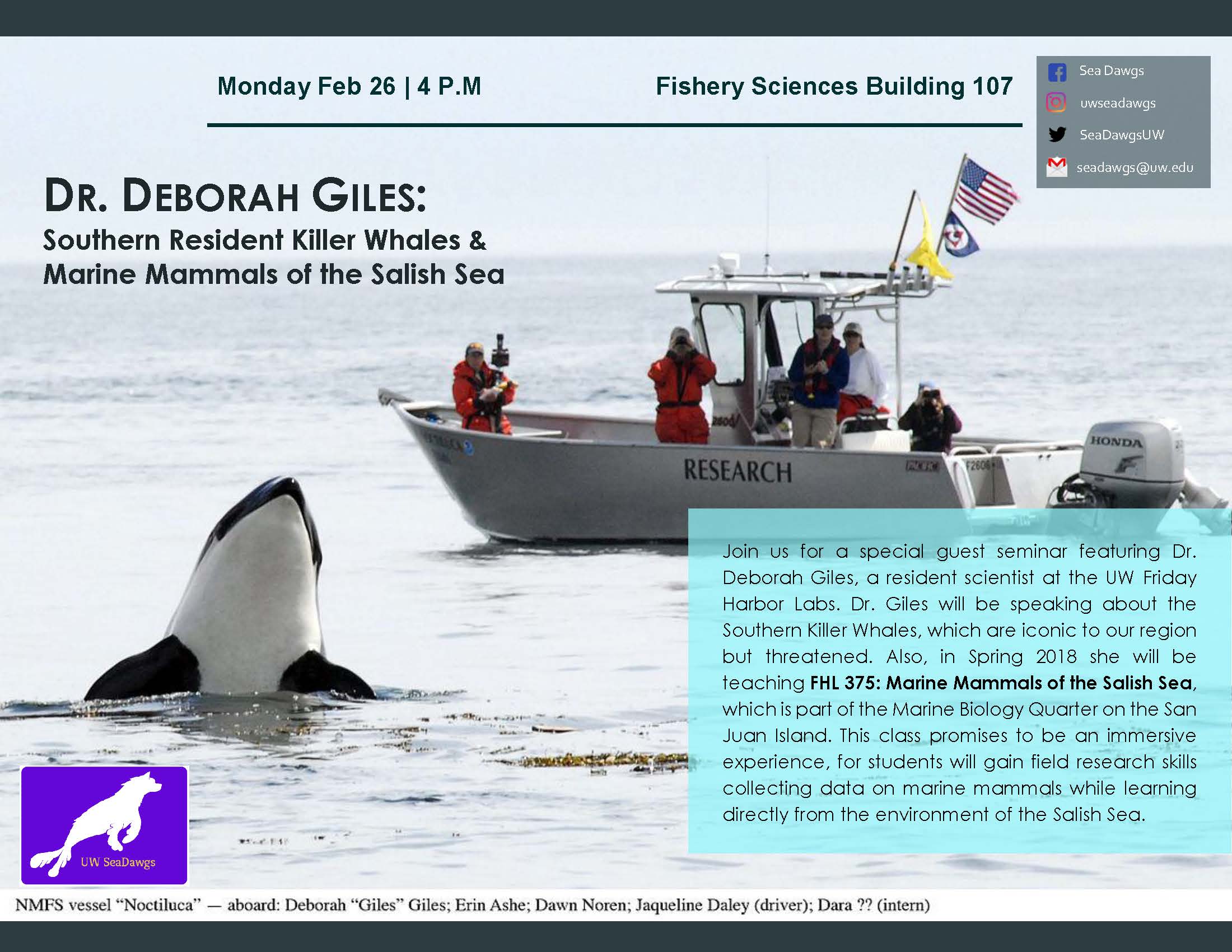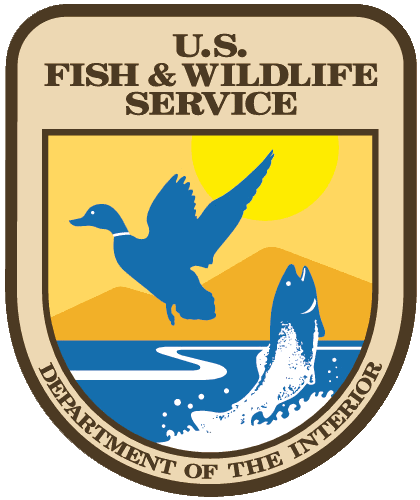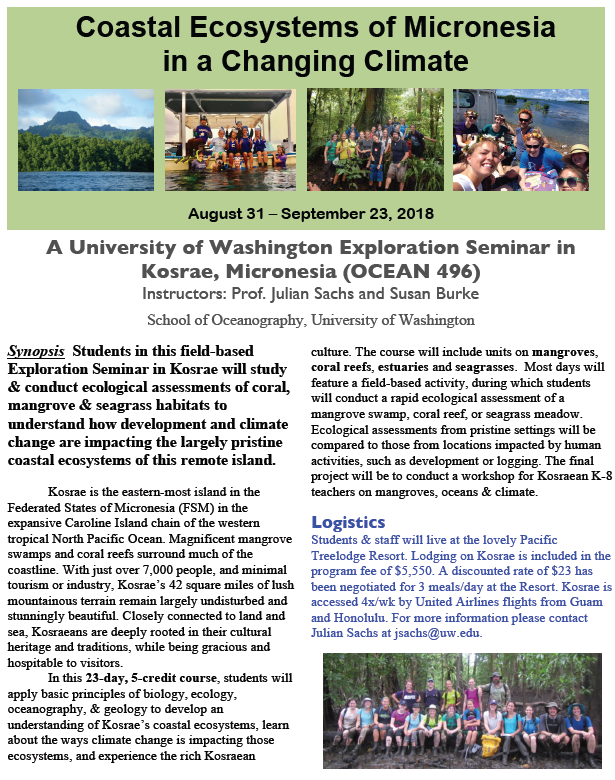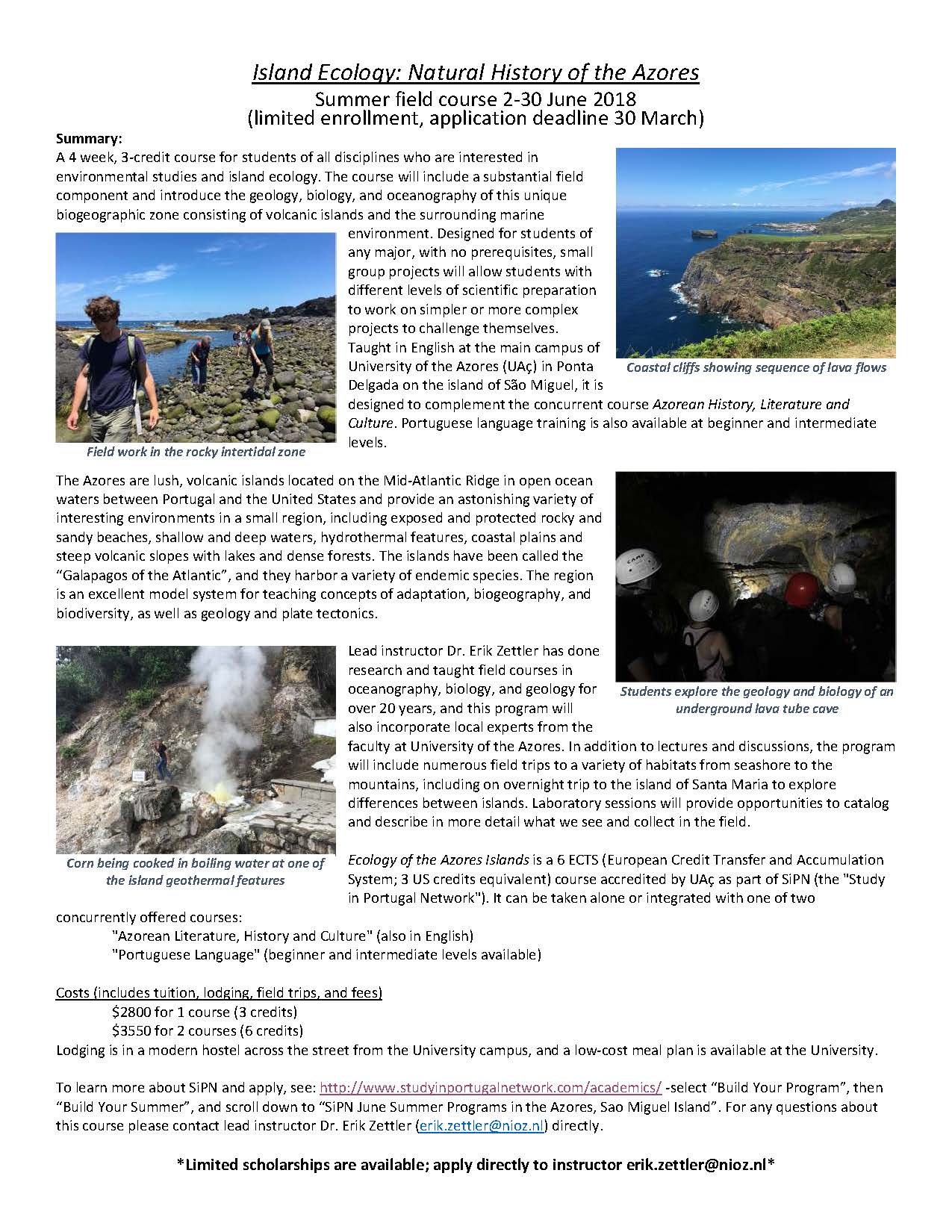 Eelgrass Monitoring Technician
Eelgrass Monitoring TechnicianAgricultural Research Technologist 2
Recruitment # 2018-03-7059, 7060
SALARY RANGE:
TYPE OF POSITION:
Important Note: Once appointed to this position the incumbent will be required to pay union dues or other representation fees within the first 30 days of employment.
LOCATION:
CLOSES:
Note: Recruitment may be extended after 13 March depending on the quantity and quality of the application pool.
POSITION PROFILE:
The primary task of this position is to classify underwater videographic data collected by boat for the Submerged Vegetation Monitoring Program (SVMP). These data are used to quantify Puget Sound eelgrass abundance as an indicator of habitat health in Puget Sound. The incumbent will analyze video data following well-defined methods and techniques and maintain a high level of accuracy and attention to detail when classifying data. The position will operate video recording and playback equipment and use computers to compile, manage and process video data. Other duties include occasional field data collection, updating and managing databases, performing summary statistics, performing quality assurance and quality control (QA/QC) procedures on large datasets, writing procedures and internal reports on work performed and assisting in the production of external publications.
This position works among a team of scientists to assess the status and trends of marine and estuarine resources in Washington State. The Nearshore Habitat Program inventories and monitors intertidal and shallow subtidal areas for a wide range of management and scientific purposes. Information about the Nearshore Habitat Program can be found at:
http://www.dnr.wa.gov/ResearchScience/Topics/AquaticHabitats/Pages/aqr_nearshore_habitat_program.aspx
The program fulfills, in part, DNR’s mandate to manage state-owned aquatic resources in a manner that protects their long term sustainability and functions (RCW 79.10). The DNR uses nearshore habitat information to manage state-owned aquatic lands. Local, state, federal and tribal groups use the information for salmon restoration, environmental protection and planning, marine reserve selection, and resource management. It also fulfills DNR’s monitoring commitments that are defined in the Puget Sound Action Agenda to monitor eelgrass – a Vital Sign that is used to judge the success of protection and restoration efforts. The Nearshore Habitat Program is part of the Puget Sound Ecosystem Monitoring Program, a multi-agency research program that assesses the health of Puget Sound.

 Thursday, Feb 22, 10:30am-11:20am in MGH 134
Thursday, Feb 22, 10:30am-11:20am in MGH 134

